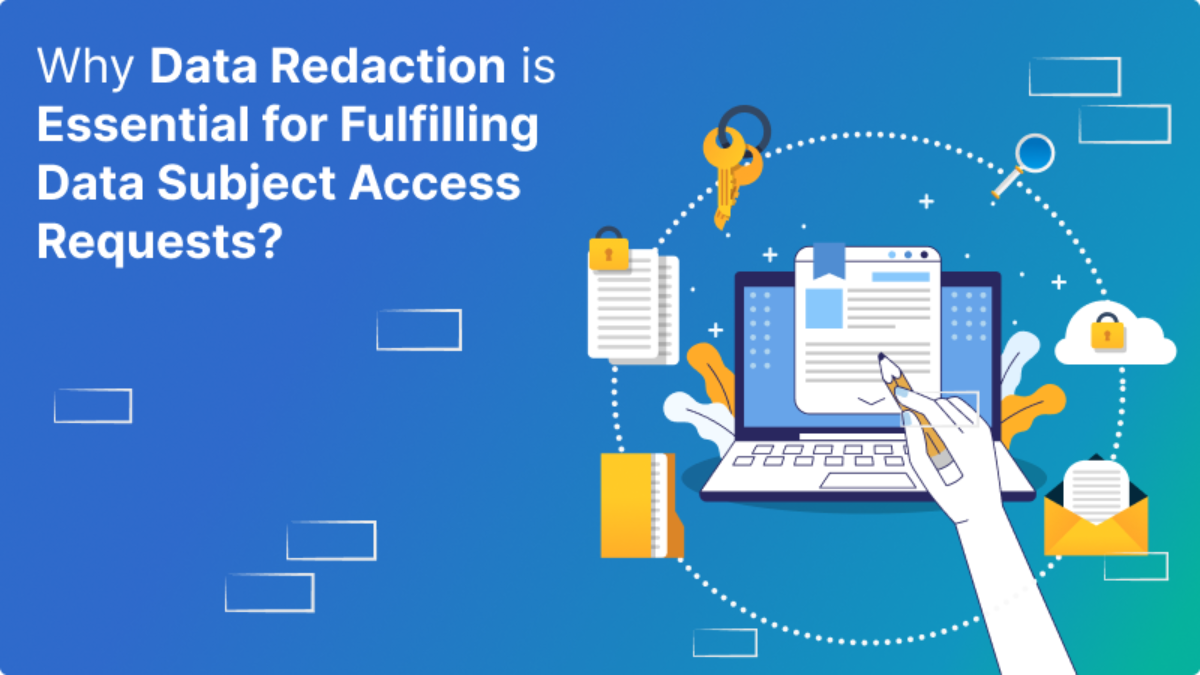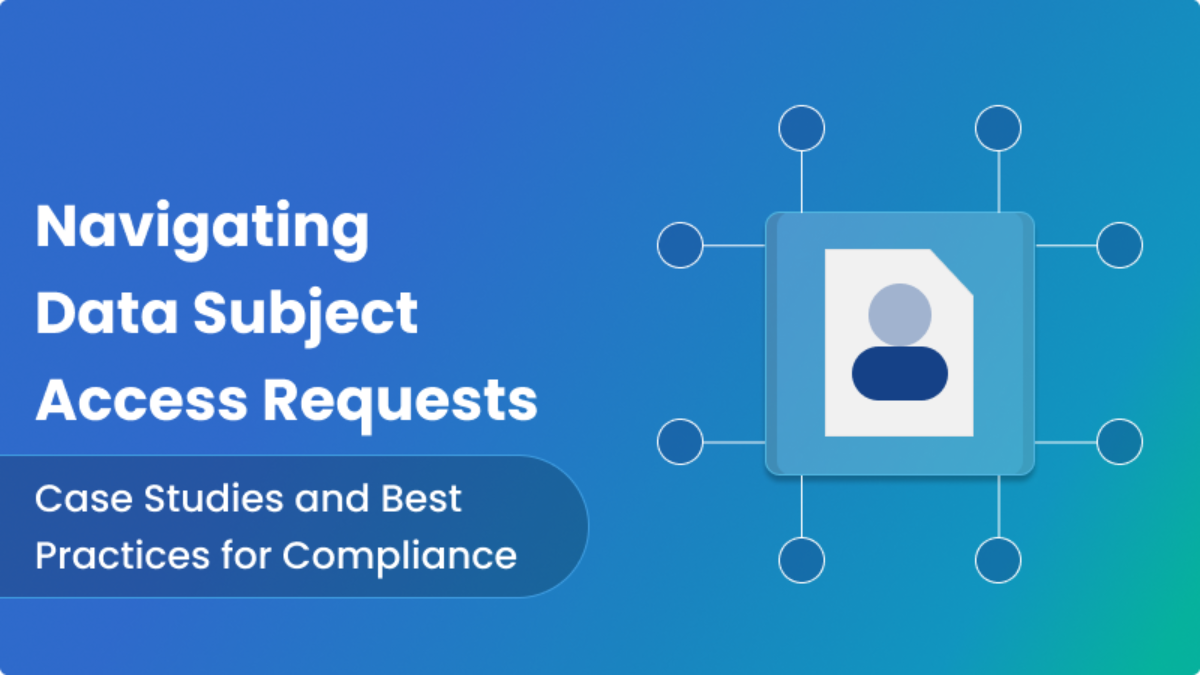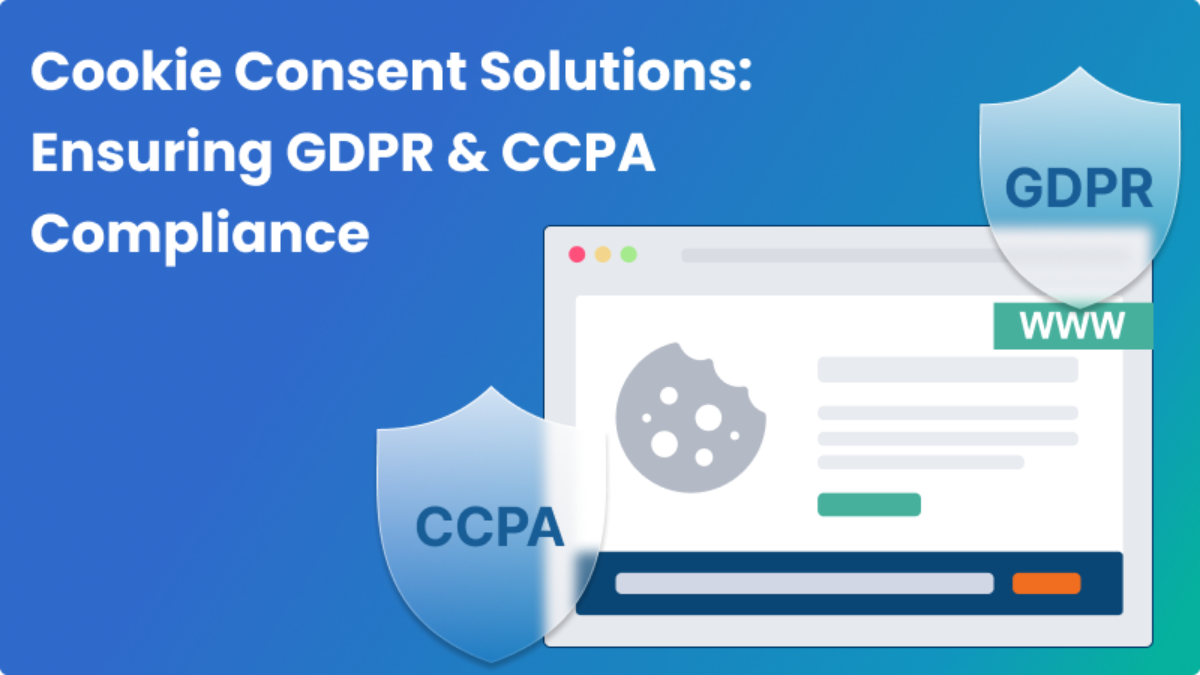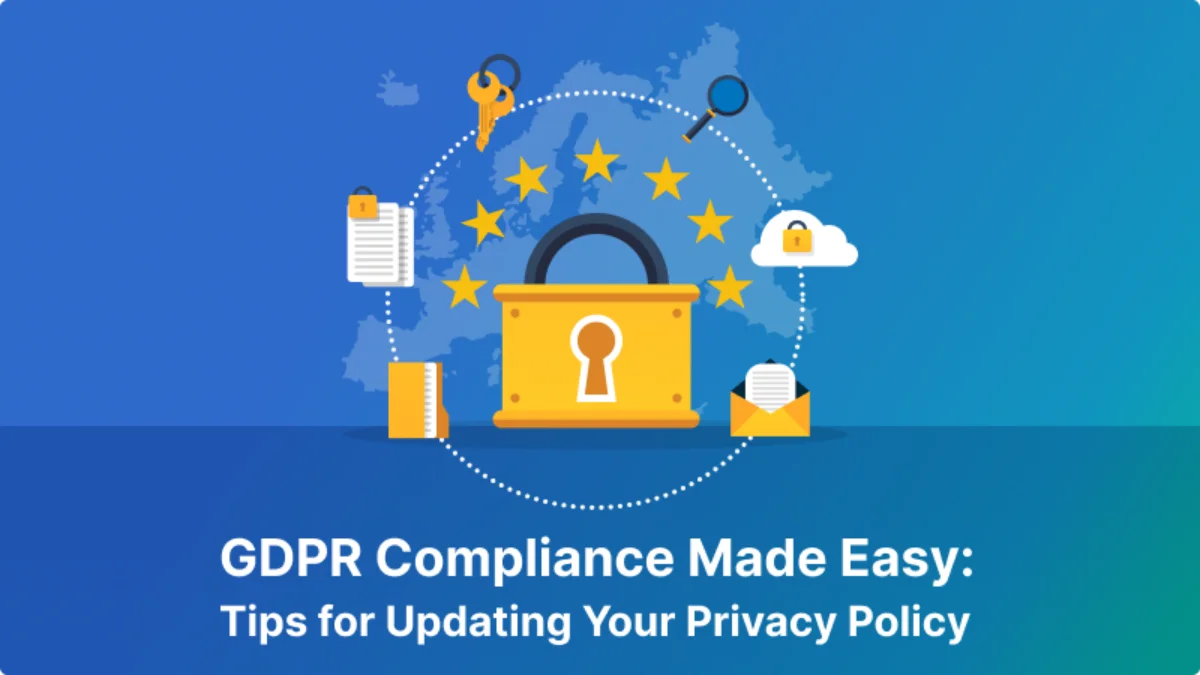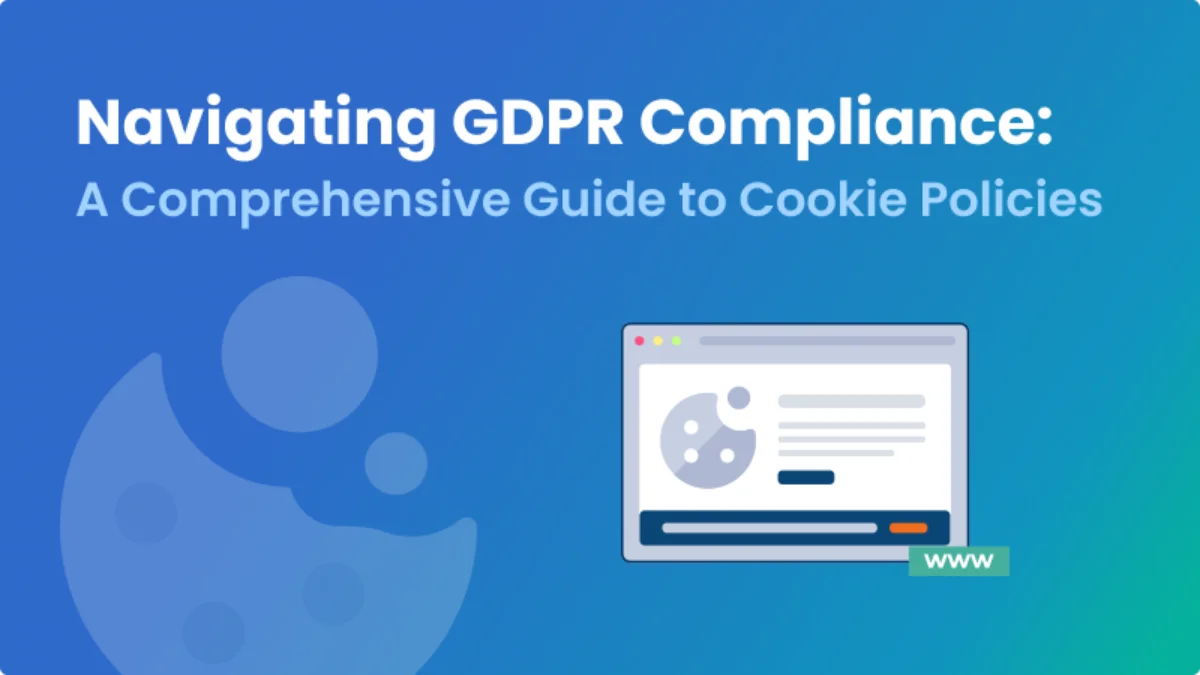Canada PIPEDA | Data Protection Act
What is Canada’s PIPEDA Act
The Personal Information Protection and Electronic Document Act (PIPEDA) is a Canadian data privacy law which became law on April 13,2000 and went into effect on January 1, 2001. It went fully into force on January 1, 2004.
The PIPEDA incorporates and makes mandatory some of the provisions of the Canadian Standards Association’s Model Code for the Protection of Personal Information, developed in 1995.

Key highlights of PIPEDA:
know the difference between CCPA and GDPR?
Download this whitepaper to know more about the key differences between the provisions of the California Consumer Privacy Act of 2018 (‘CCPA’) (SB-1121 as amended at the time of this publication) and the General Data Protection Regulation (Regulation (EU) 2016/679) (‘GDPR’). Both aim to guarantee data protection to individuals and apply to businesses collecting, using, or sharing consumer data obtained online or offline.

PIPEDA Consumer Rights
Let’s see some protection of consumer rights under PIPEDA, where the Personal Information Protection and Electronic Documents Act empowers individuals with safeguards for their privacy in the digital realm.
Right to Information Access
Individuals have the right to access their personal information held by an organization. They can request information about what personal data is being collected and how it’s being used.
Right to rectification
Individuals have the right to request corrections to their personal information that an organization holds. If their personal information is inaccurate, incomplete, or outdated, they can ask the organization to correct it. This right is important to maintain the accuracy and reliability of personal data.
Right to deletion
The right to deletion, often referred to as the right to be forgotten, allows individuals to request the deletion or removal of their personal information from an organization’s records. This right is not absolute and is subject to certain limitations.
Principles of processing
Accountability
Organizations are responsible for the personal information they collect, use, and disclose. They must designate individuals or roles accountable for the organization’s compliance with PIPEDA.
Identifying Purposes
Organizations must clearly identify the purposes for which they’re collecting personal information. Individuals should be informed about these purposes before or at the time of collection.
Consent
Organizations need to obtain individuals’ informed consent before collecting, using, or disclosing their personal information, except in specific circumstances where consent is not required.
Limiting Collection
Organizations should only collect personal information that’s necessary for the purposes they’ve identified. Unnecessary or excessive collection is discouraged.
Limiting Use, Disclosure, and Retention
Personal information should only be used or disclosed for the purposes it was collected, unless individuals provide further consent.
Accuracy
Organizations are responsible for maintaining accurate and up-to-date personal information. Individuals have the right to request corrections to their data if it’s inaccurate or incomplete.
Safeguards
Organizations must implement appropriate security measures to protect personal information against unauthorized access, disclosure, copying, use, or modification.
Openness
Organizations must be transparent about their privacy policies and practices. They should provide individuals with information about their privacy policies, procedures, and the type of personal information they collect.
Individual Access
Upon request, individuals have the right to access their personal information held by an organization and to know how it’s being used and disclosed.
Challenging Compliance
Individuals have the right to challenge an organization’s compliance with PIPEDA. Organizations must have procedures in place to address and respond to complaints.
Data Protection Assessments
“Data Protection Assessments” (DPAs), also known as “Privacy Impact Assessments” (PIAs), are not explicitly mandated in PIPEDA as they are in other privacy legislation. If new projects, initiatives, or technologies that involve the collection, use, or disclosure of personal information are considered, PIPEDA encourages organizations to assess their privacy risks.
Data Protection Officer (DPO)
Data protection officers must be appointed by organizations to act as individual points of contact under PIPEDA. PIPEDA compliance will be monitored by the data protection officer. Any individual who wants to contact the data protection officer should have access to the official’s name, title, and address.
